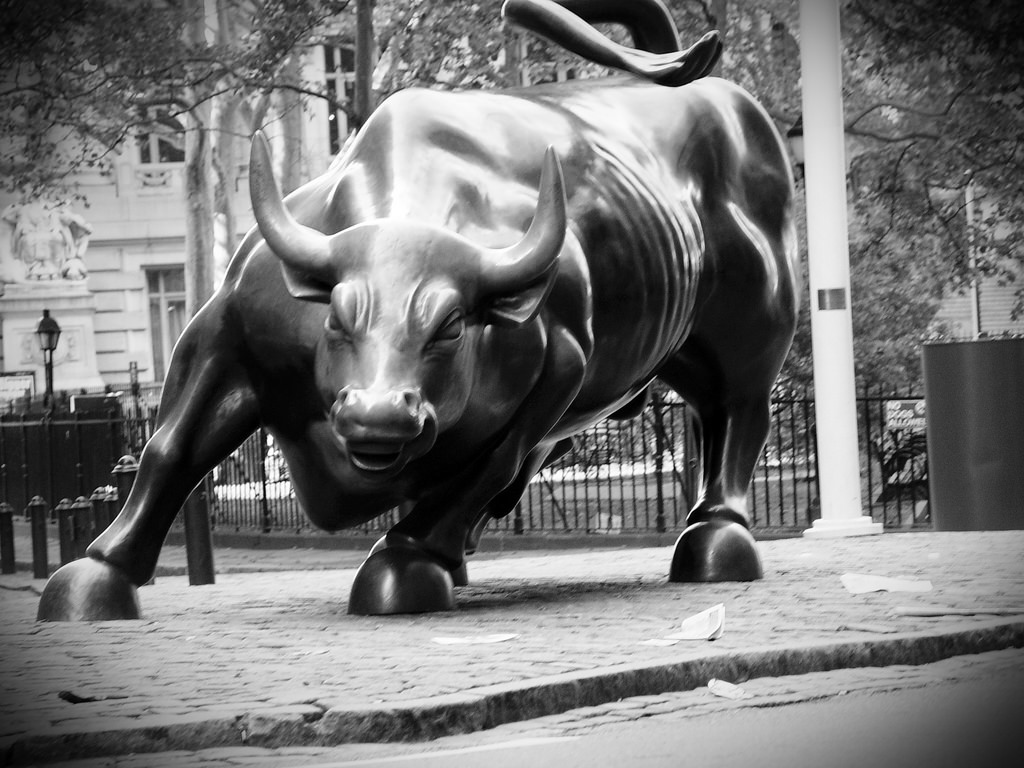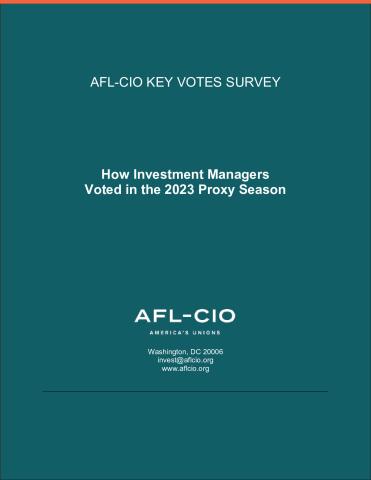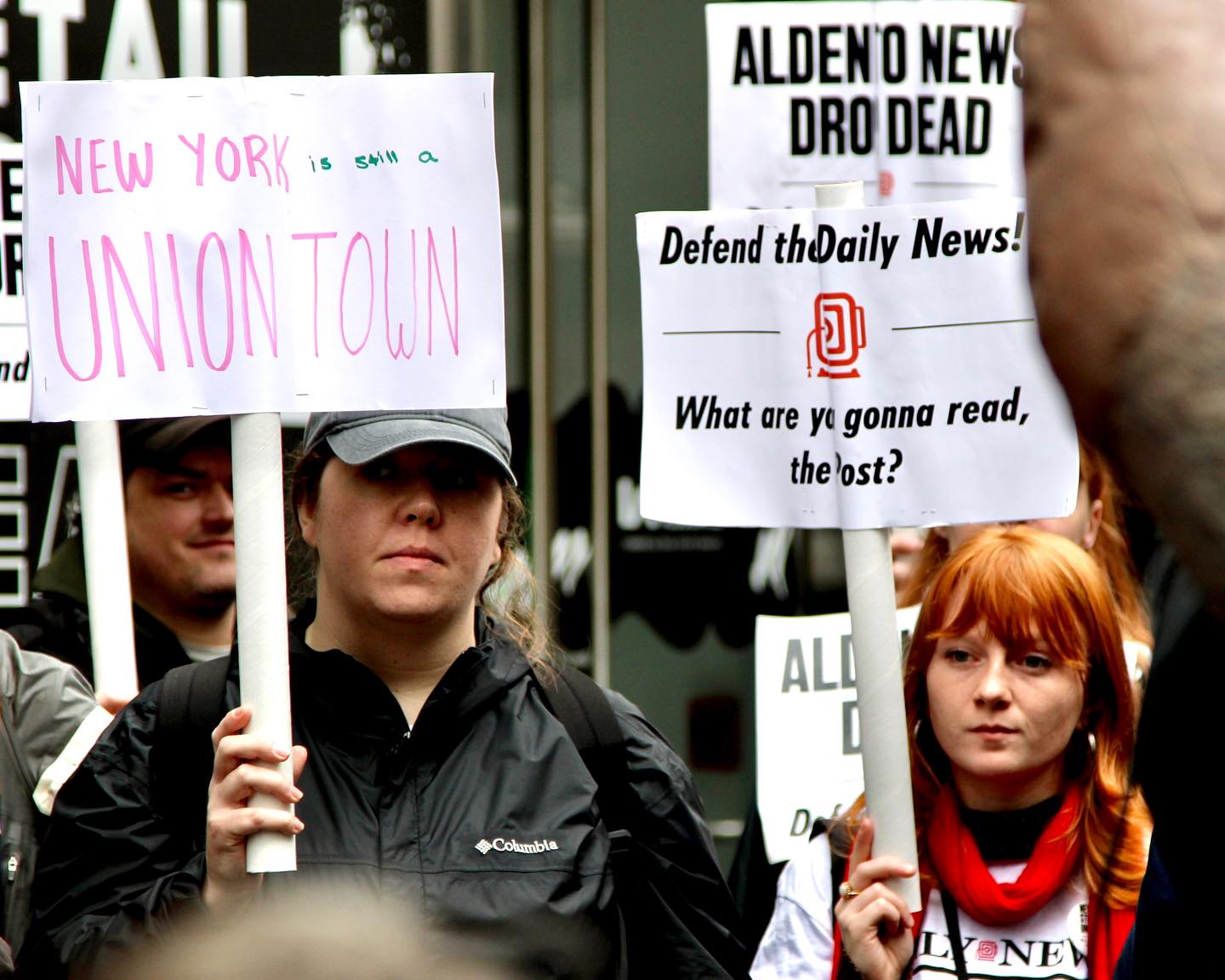
Six years ago this week, hundreds of people gathered in Washington, D.C., to watch President Barack Obama sign into law the Dodd–Frank Wall Street Reform and Consumer Protection Act. On that day there was a hope that its passage marked the beginning of a new phase in Washington’s approach to Wall Street regulation.
Dodd–Frank was passed in the aftermath of the “Great Recession” to deal with the urgent problems in the financial system that became apparent during the crisis. It marked a shift away from the “light-touch” approach to Wall Street regulation that had characterized the 30-year period that led to the crisis. A lot has hinged, however, on decisions by regulators about how to implement the law and whether Congress would finish the job of re-writing the rules that govern Wall Street that started with Dodd–Frank.
It’s worthwhile to look back and appreciate the great things that Dodd–Frank accomplished.
It created the Consumer Financial Protection Bureau, an agency solely dedicated to protecting consumers from tricks and traps in consumer financial products like home mortgages and credit cards. The CFPB, which is celebrating its fifth anniversary this week, has already returned more than $11 billion to more than 25.5 million consumers who were victims of improper lending practices.
To prevent future bank bailouts and systemic crises, Dodd–Frank limits some of the riskiest behavior that banks were engaged in like owning and managing hedge funds and speculating in the stock market. Dodd–Frank establishes regulatory oversight for some of the riskiest parts of the shadow financial system like derivatives and hedge funds. And it gives regulators the ability to liquidate failing, systemically risky financial institutions (think AIG), without the need for a taxpayer bailout.
We should celebrate Dodd–Frank’s great accomplishments. At the same time, we cannot allow it to be the end of the story on Wall Street reform. For all that Dodd–Frank accomplished, too-big-to-fail banks remain intact and Wall Street has not returned to its proper role as servant of the real economy.
That’s why working people in unions are joining together with progressive allies in a new campaign to “Take on Wall Street.”
The core tenants of this effort include making Wall Street pay its fair share of taxes by putting in place a Wall Street Speculation Tax. This would be a small tax on the trading of stocks, bonds and other Wall Street financial products that would discourage risky speculation and encourage long-term investment.
Wall Street reform also must address the ongoing risks that too-big-to-fail banks pose to the economy. It is time to break up the too-big-to-fail banks and pass the 21st Century Glass–Steagall Act to separate federally insured commercial banking from risky Wall Street trading and speculative activities.
We also must close tax loopholes that benefit the rich and powerful, including the carried interest tax loophole that allows billionaire private equity and hedge fund managers to pay a lower tax rate than working people. And we must close the CEO bonus loophole that allows companies to lower their tax bills by giving their CEOs bigger bonuses.
Finally, we need to strengthen consumer protections that prevent predatory lending and improve access to affordable banking options by allowing post offices to provide basic banking services.
Dodd–Frank represented an important first step toward reining in Wall Street excess but more work remains to be done. Six years after Dodd–Frank was passed, a lot of what happens on Wall Street is still nothing more than gambling. For our economy to thrive, we need Wall Street to provide financing to businesses that create products and services that people want to buy and good, family-sustaining jobs. We must come together to fight for the next phase in Wall Street reform so that we can rein in the casino economy and restore a real economy that works for working people.



